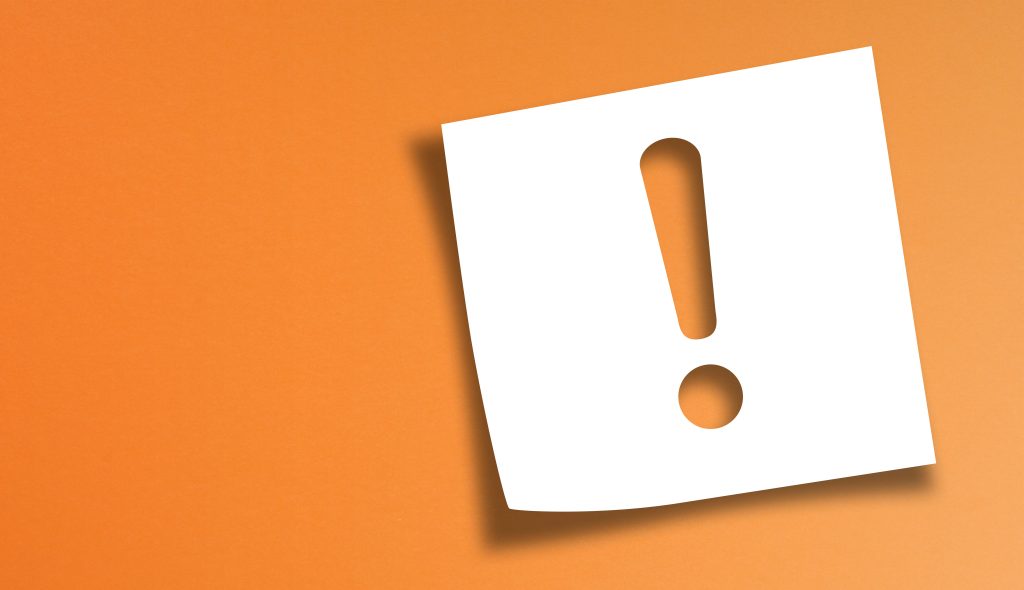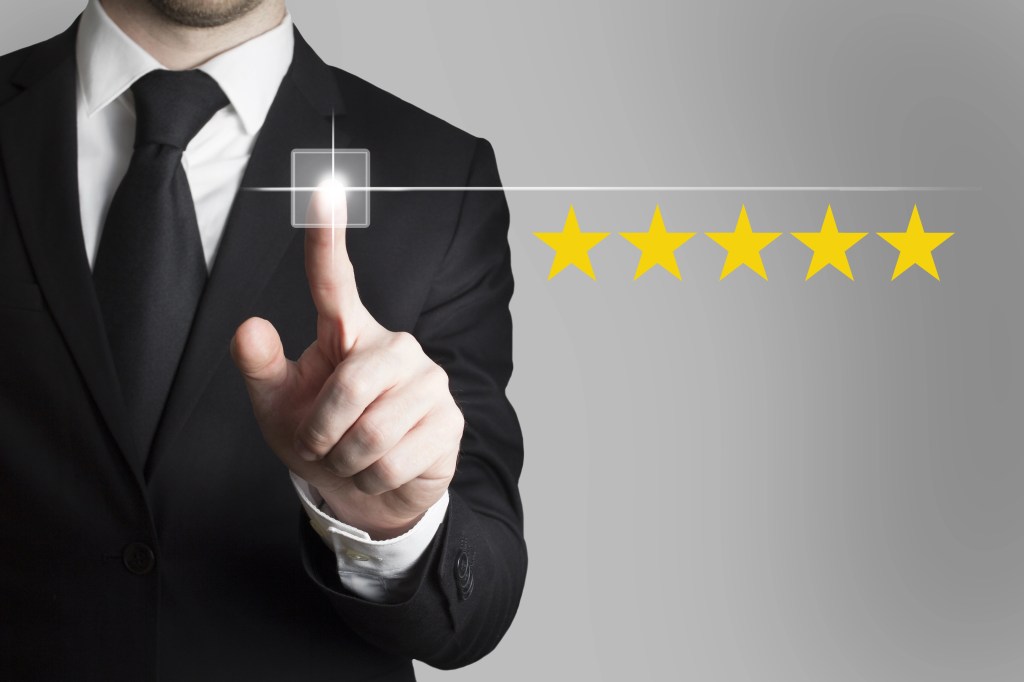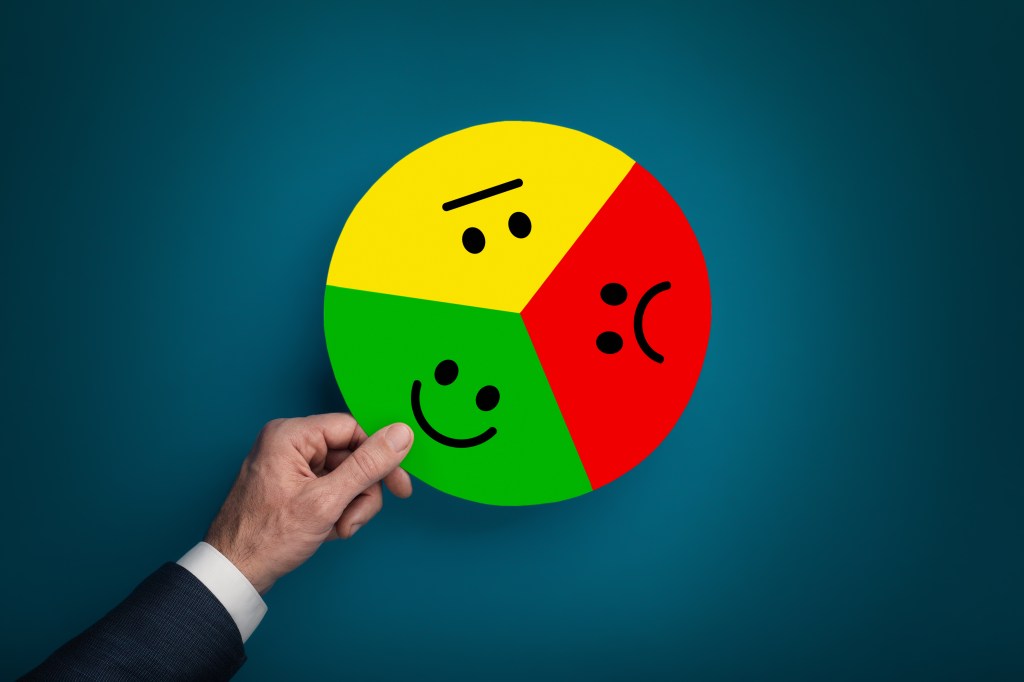Five Important Questions to Ask an Agent About Your Insurance Coverage
A freelance journalist was working on a story about what questions a consumer or business owner should ask when buying insurance. She was seeking five questions each from several insurance “experts.” These were the five questions I suggested that prospects ask whomever they are purchasing insurance from…just in case YOU are asked these questions by someone who read the writer’s final article.
|
A freelance journalist was working on a story for bankrate.com about what questions a consumer or business owner should ask when buying insurance. She was seeking five questions each from several insurance “experts.” These were the five questions I suggested that prospects ask whomever they are purchasing insurance from…just in case YOU are asked these questions by someone who read the writer’s final article. How do you determine what coverage I need? Did the agent use a detailed checklist and ask questions beyond just those on the application for insurance? For example, if you’re shopping for home and auto insurance, the agent should inquire whether you or other resident family members are engaged in any kind of business activities from the home. Do you own other real estate? Do you drive a company car? Do you own or lease all autos being insured? Do you own or ever use watercraft, ATVs, or other vehicles? Do you have a child in college? Do you do any volunteer work? Do you ever rent or borrow autos? Are there any potentially catastrophic coverage gaps in my policies that can be covered by a “better” policy than what I have or by an endorsement to my existing policy or by a separate policy? Despite what you may be lead to believe by cavemen, lizards, and discount store clerks, all insurance policies are not the same. It’s important that the policies procured by the agent reflect your exposures to loss. Some perils like flood and earthquake are almost never covered by most property insurance policies but they can be covered by endorsement or a separate policy. Some policies cover damage, particularly hidden damage, caused by a leaking water pipe while other policies will not cover such damage if it has taken place over a period of weeks or longer. There are dramatic differences among auto policies…some may only cover the use of vehicles you own (e.g., not rental cars), some do not cover business use of autos, and the list goes on and on. How do you know your rates are competitive and are we truly comparing apples to apples when quoting different insurance companies? Again, not all policies are the same. Just because two auto policies are priced for liability, medical payments, uninsured motorists, and physical damage coverage, does not mean that the actual coverages are the same. They can be, and often are, catastrophically different. Likewise, the services insurers offer and their reputation for prompt, fair claims settlements are important considerations in comparing quotes. Why did you not offer me an umbrella policy? Whether you’re shopping for personal or business insurance, a good agent will always offer you the option to buy umbrella liability coverage in an amount of at least $1 million above the limits on your other liability coverages. You’ll usually find that the rate per $1,000 of coverage under an umbrella policy is significantly lower than the rate for other liability coverages you have. Even if you are simply looking for renters insurance, you may be a more fitting candidate for an umbrella policy than a single family homeowner. What is the value of the building where your apartment is located and the value of the property owned by the tenants in that building (not to mention the value of their lives)? If you negligently caused a fire that burned down the building, is your renter’s liability coverage limit adequate? Given that the usual limit is $100,000 or less, almost certainly not. If the agent does not offer you the opportunity to buy this coverage, you should be concerned that they may assume you don’t want to buy other types of insurance that could plug coverage gaps in your insurance program. Am I getting all of the premium credits I can? From “good student” auto insurance discounts to premium credits for fire extinguishers, ask the agent to examine all of the scheduled premium credits your insurer has available to see if you qualify or might qualify if you invest a small amount of money in some loss control measures. For example, if you own a business and store a 5-gallon can of gasoline used for lawn equipment in the building, you might find that your property insurance premium will drop by a surprising amount if you simply keep that flammable liquid in a separate small outbuilding. If you are considering opening a retail outlet in one of several multi-occupancy buildings, the presence of a restaurant in one of the buildings could drive up your property insurance premium…is this other tenant getting credit for having a fire suppression system above the cooking surfaces? |
Copyright © 2026, Big “I” Virtual University. All rights reserved. No part of this material may be used or reproduced in any manner without the prior written permission from Big “I” Virtual University. For further information, contact nancy.germond@iiaba.net.








